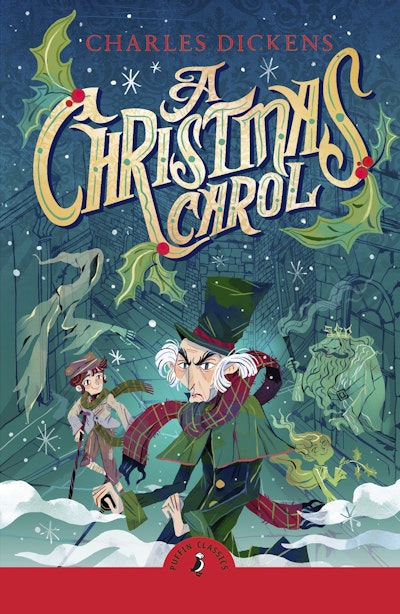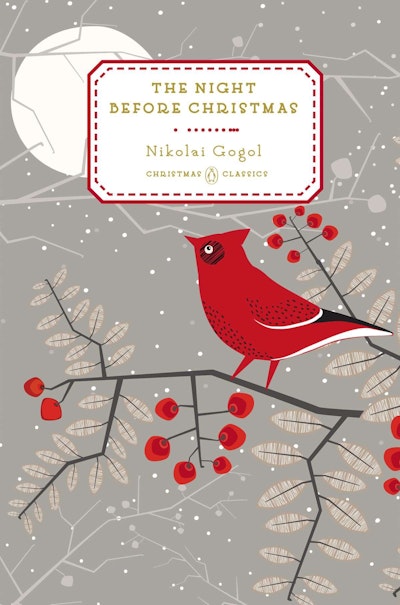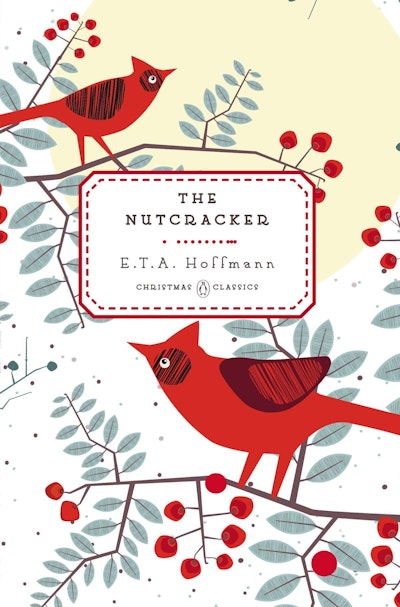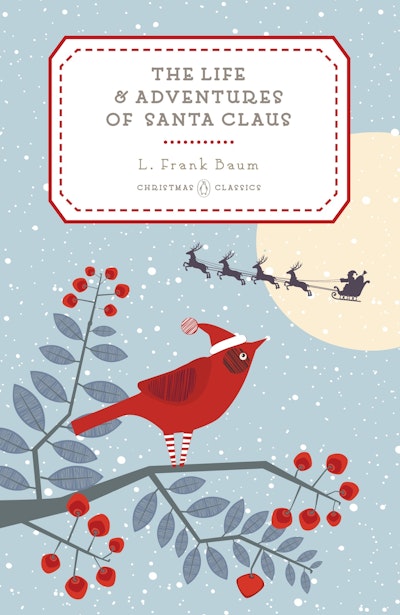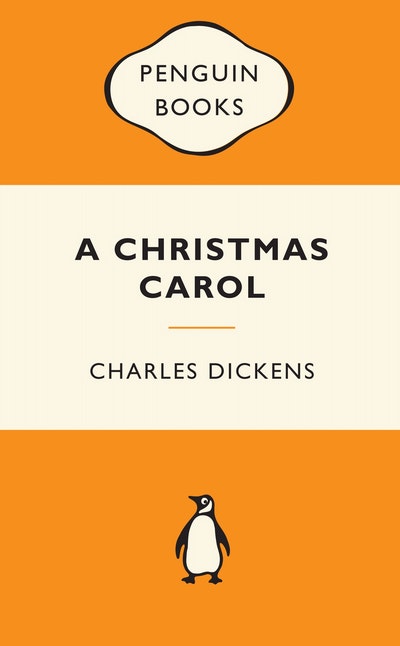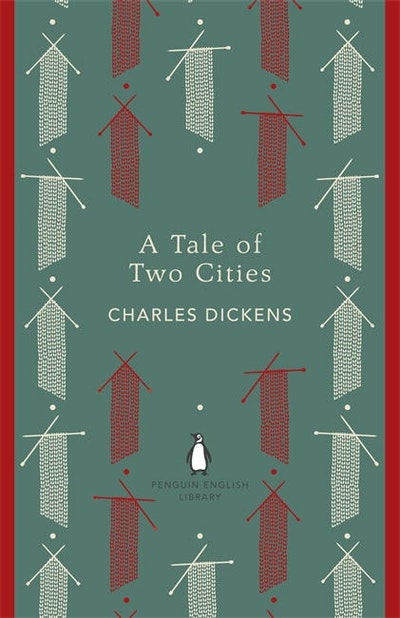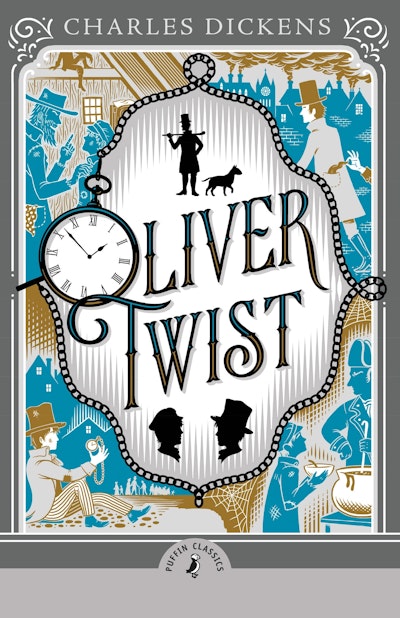- Published: 2 January 2013
- ISBN: 9780141973920
- Imprint: Penguin eBooks
- Format: EBook
- Pages: 112
A Christmas Carol
The new paperback series: Penguin English Library
"Every idiot who goes around with 'Merry Christmas' on his lips, should be boiled with his own pudding"
After reading A Christmas Carol, the notoriously reculsive Thomas Carlyle was 'seized with a perfect convulsion of hospitality' and threw not one but two Christmas dinner parties. The impact of the story may not always have been so dramatic but, along with Dickens's other Christmas writings, it has had a lasting and significant influence upon our ideas about the Christmas spirit, and about the season as a time for celebration, charity and memory.
- Published: 2 January 2013
- ISBN: 9780141973920
- Imprint: Penguin eBooks
- Format: EBook
- Pages: 112
Other books in the series
About the author
Charles Dickens was born in Hampshire on February 7, 1812. His father was a clerk in the navy pay office, who was well paid but often ended up in financial troubles. When Dickens was twelve years old he was send to work in a shoe polish factory because his family had been taken to the debtors' prison. His career as a writer of fiction started in 1833 when his short stories and essays began to appear in periodicals. The Pickwick Papers, his first commercial success, was published in 1836. The serialisation of Oliver Twist began in 1837. Many other novels followed and The Old Curiosity Shop brought Dickens international fame and he became a celebrity in America as well as Britain. Charles Dickens died on 9 June 1870. He is buried in Westminster Abbey.
